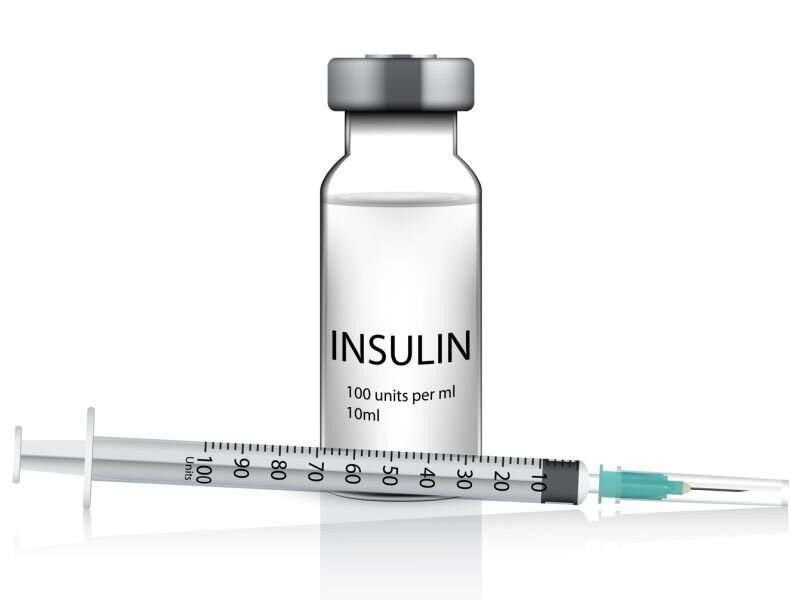For patients with insulin-naive type 2 diabetes, once-weekly icodec is superior for reduction in hemoglobin A1c (HbA1c), according to a study published online June 24 in the Journal of the American Medical Association to coincide with the annual meeting of the American Diabetes Association, held from June 23 to 26 in San Diego.
Ildiko Lingvay, M.D., M.P.H., from the University of Texas Southwestern Medical Center in Dallas, and colleagues examined the efficacy and safety of once-weekly icodec versus once-daily insulin degludec in people with insulin-naive type 2 diabetes in a phase 3a trial conducted at 92 sites in 11 countries. Participants were randomly assigned to once-weekly icodec and once-daily placebo or once-daily degludec and once-weekly placebo (294 patients in each group).
The researchers found that the mean HbA1c level decreased from 8.6 to 7.0 percent at 26 weeks in the icodec group and from 8.5 to 7.2 percent in the degludec group (estimated treatment difference, −0.2 percentage points), confirming noninferiority and superiority. No significant between-group differences were seen in the change in fasting plasma glucose from baseline to week 26, mean weekly insulin dose during the last two weeks of treatment, or change in body weight from baseline to week 26. The icodec group had combined level 2 or 3 hypoglycemia rates that were numerically higher from week 0 to 31 and statistically significantly higher from week 0 to 26.
"When considering treatment with icodec insulin in clinical practice, the small added glycemic benefit and convenience of the once-weekly administration should be weighed against the small absolute risk of hypoglycemia," the authors write.
Several authors disclosed ties to pharmaceutical companies, including Novo Nordisk, which manufactures once-weekly insulin icodec and funded the study.
More information: Ildiko Lingvay et al, Once-Weekly Insulin Icodec vs Once-Daily Insulin Degludec in Adults With Insulin-Naive Type 2 Diabetes, JAMA (2023). DOI: 10.1001/jama.2023.11313
Journal information: Journal of the American Medical Association
Copyright © 2023 HealthDay. All rights reserved.






















